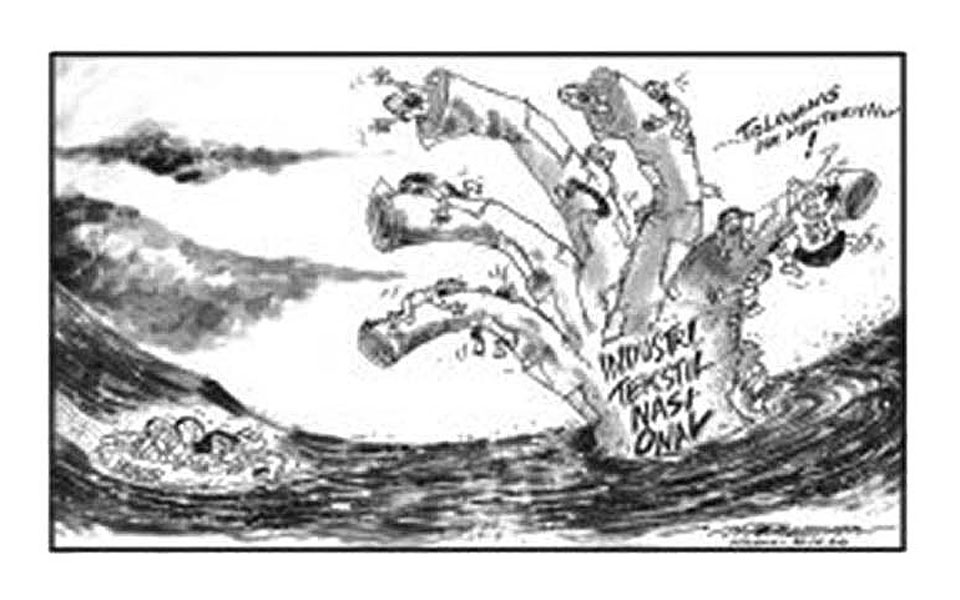
Father: Starting tomorrow, your mother will manage your pocket money.
Poki: So it'll be safe?
Father: It should be, but it's not certain.
Poki: Mother won't be corrupt, right?
Father: That's not yet certain, hopefully not.
Poki: But I'll certainly have more money?
Father: That's not yet certain either, Mother doesn't have any experience.
Poki: Why's nothing certain? It's like gambling, yeah?
Analysts have warned that the new Danantara sovereign wealth fund – which was launched with much fanfare by President Prabowo Subianto on Monday February 24 – faces challenges in winning investor trust given its governance structure.
Danantara, which will start with an initial US$20 billion in capital, will consolidate all state-owned enterprises (SOEs) and is envisioned as a national investment management firm similar to Singapore's Temasek.
Prabowo appointed Investment and Downstream Minister Rosan Roeslani as the fund's CEO, SOEs Minister Doni Oskaria as chief operating officer and entrepreneur and the nephew of former senior minister Luhut Binsar Pandjaitan, Pandu Sjahrir, as chief investment officer.
The firm, which is envisioned to manage $900 billion in assets, will report directly to the president while operating under a supervisory board led by SOEs Minister Erick Thohir, with former OJK head Muliaman Hadad serving as his deputy.
On February 4, the House of Representatives (DPR) passed a bill to amend the existing SOEs Law to allow the transfer of almost all government stakes in SOEs from the SOEs Ministry to Danantara. The law also protects the funds executive from being persecuted for losses incurred through investment decisions provided they were made in good faith, raising concerns about potential corruption and moral hazard.
Experts however have warned the country has long history of mismanagement within its SOEs and have expressed concern that Danantara could turn out like Malaysia's 1MDB fund, which was embroiled in a massive corruption scandal.
Andry Satrio Nugroho, head of the centre for industry, trade and investment at the Institute for Development of Economics and Finance (Indef), warned that Danantara would face significant hurdles in building investor trust, given its top executives were either ministers or political figures.
"The supervisory and operational functions of Danantara risks becoming biased, especially with key roles such as the CEO and the head of the supervisory board coming from the same ministry", Nugroho said following the fund’s launch on Monday.
"As long as political figures continue to dominate these positions, there will be political intervention in the asset management", he said. He urged the government to end the dual roles held by Danantara's executives and called for the firm's investment and financial reports to be made publicly accessible.
Ronny P. Sasmita, an economist at the Indonesia Strategic and Economic Action Institution (ISEAI), echoed concerns that appointing ministers and government-affiliated individuals to Danantara's leadership blurred the line between SOE regulators and operators.
"There's a significant risk that Danantara could clear the path for its own investments by shaping regulations that favour itself while sidelining private players in the process", Ronny told the Jakarta Post on Monday.














